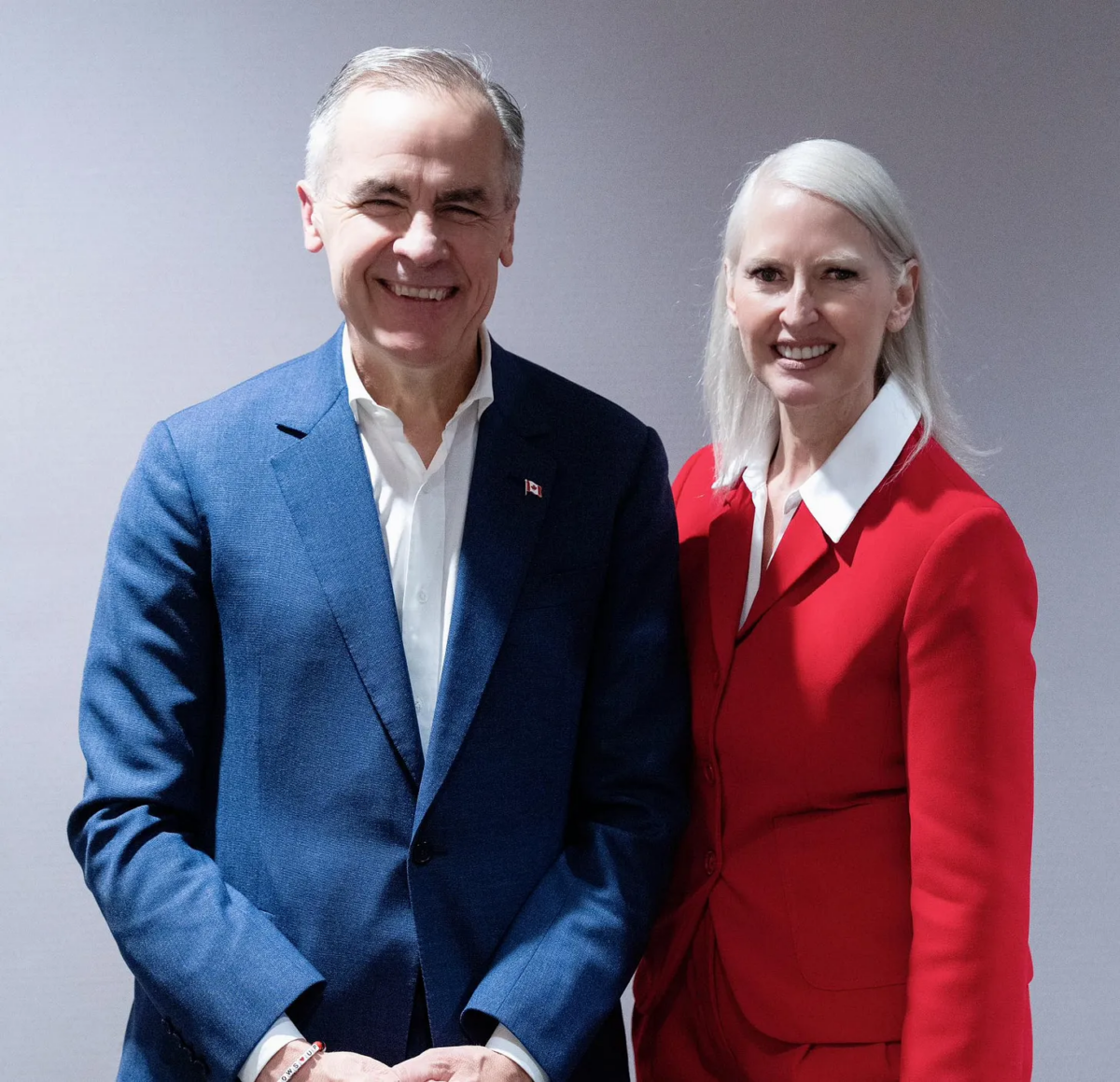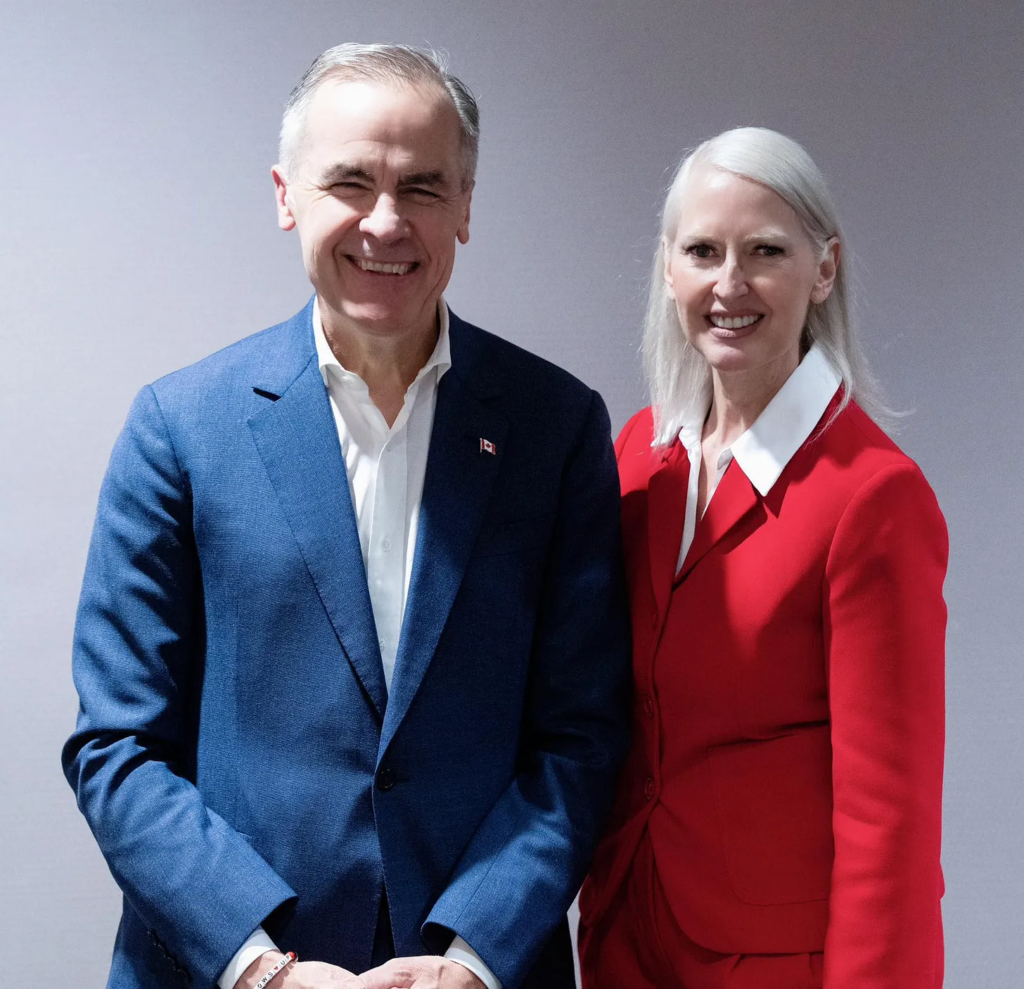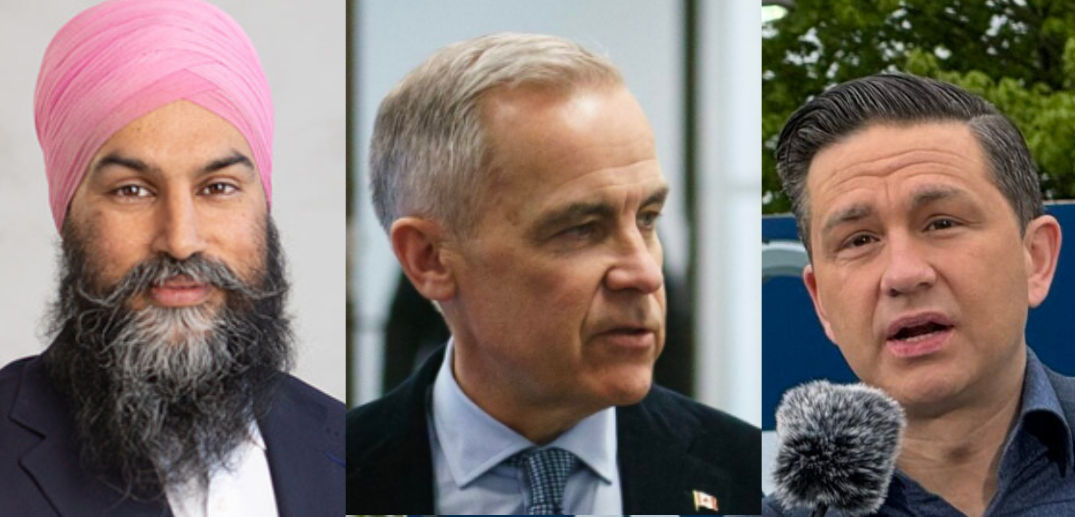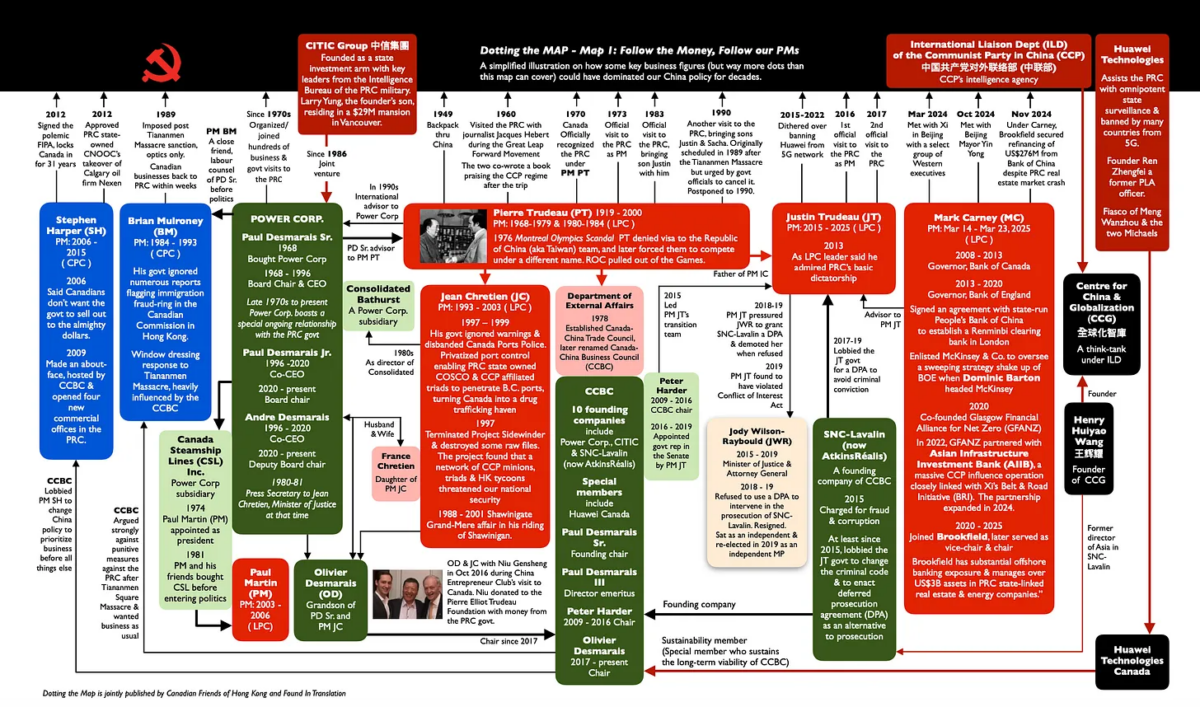Ex-driver of notorious Richmond loan shark awaits May 29 sentencing decision
Bob Mackin
The Crown wants a B.C. Supreme Court judge to send a former driver for loan shark Paul King Jin to jail for eight years.
But the defence wants Yuexi “Alex” Lei to serve only five.
After hearing both sides on April 23, Justice Janet Winteringham said she would deliver her decision on May 29.

Site of the Sept. 18, 2020 murder of Jian Jun Zhu and attempted murder of Paul King Jin. (Manzo/Facebook)
In May 2023, Lei pleaded guilty to accessory after the fact in the murder of underground banker Jian Jun Zhu at the Manzo Japanese restaurant in Richmond on Sept. 18, 2020. He also pleaded guilty to possession of a loaded, prohibited weapon in October and December of that year.
Last September, Justice Jeanne Watchuk convicted Richard Charles Reed of the first degree murder of Zhu, but acquitted him of attempting to murder Jin. Watchuk said Reed coordinated the shooting “directly and indirectly with Gordon Ma, Lei, and Jin Cai to prepare for and carry out the murder.”
Winteringham heard that Cai owed Jin and Zhu a large sum of money, but he wanted to kill them instead of paying the debt. Ma asked Lei to commit the murders, but he declined.
Lei drove with Ma to Reed’s residence and saw him give Reed a firearm.
After the shooting, Ma burned Reed’s clothing in the garage at Lei’s residence on Bowcock Road in Richmond.
The Crown did not allege Lei was involved in the planning of the murder, but that he was aware it was going to occur and he assisted with the destruction of evidence.
On Oct. 3, 2020, Richmond RCMP executed a search warrant at Lei’s residence where they found a revolver in Lei’s bedroom.
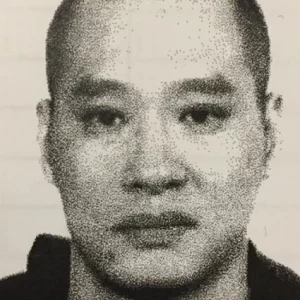
Silver International underground banker Jian Jun Zhu.
On Dec. 5, 2020, while police were conducting surveillance on Cai in South Vancouver, Lei discharged a Glock semiautomatic handgun at least seven times into a vehicle parked behind the Doli Supermarket.
Sentencing was delayed by Lei’s unsuccessful attempt to withdraw his guilty pleas.
Court heard testimony from Lei’s mother, Mary Ma, through an interpreter. She said Lei’s father is a senior police officer in China and that her son is the father of five children — two from his first wife, two stepchildren and an 18-month baby with his second.
Before coming to Vancouver, Lei had been a well-known, classically trained opera singer in China who went on to study in London, England and Houston, Texas.
“If only you could hear him sing, it’s this close to Luciano Pavarotti,” said defence lawyer Mark Cacchioni, mentioning that his client made singing videos on TikTok.
Lei associated with dangerous individuals, used crystal meth and became “somewhat of a lackey” who drove Jin and even helped him launder money. As such, Lei took a “devastating path of self destruction, taking others with him along the way,” Cacchioni said.
He said Lei faces deportation to China, but apologizes to the people of Canada.
“He’s facing a lot of grief in his life. It’s grief he brought on himself and he knows that,” he said.
In March, the Globe and Mail and The Bureau reported that Jin and Rongxiang “Tiger” Yuan, a People’s Liberation Army veteran who owned a Coquitlam gun store, met in a Richmond hotel with Justin Trudeau during his first term as Prime Minister.
theBreaker.news photographed Jin at his gym in 2019, in a group with then-B.C. Tourism Minister Lisa Beare.
Evidence of Jin’s loan sharking at the River Rock Casino in Richmond was central to the Cullen Commission public inquiry on money laundering. In March 2023, however, special prosecutor Chris Considine chose not to charge Jin, citing gaps in Canada’s anti-money laundering laws.
NEW: Subscribe to theBreaker.news on Substack. Find out how: Click here.
Bob Mackin The Crown wants a B.C. Supreme







